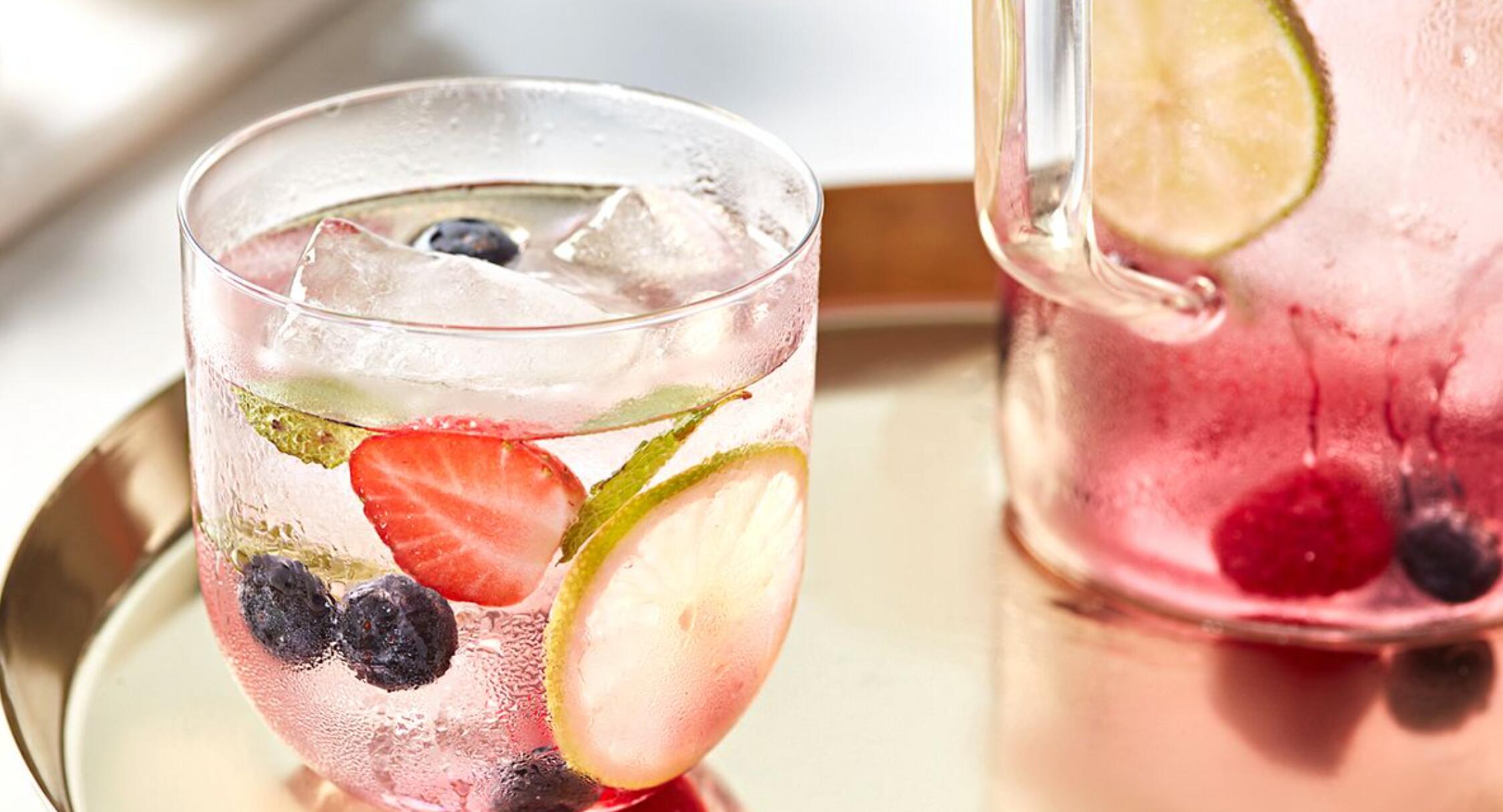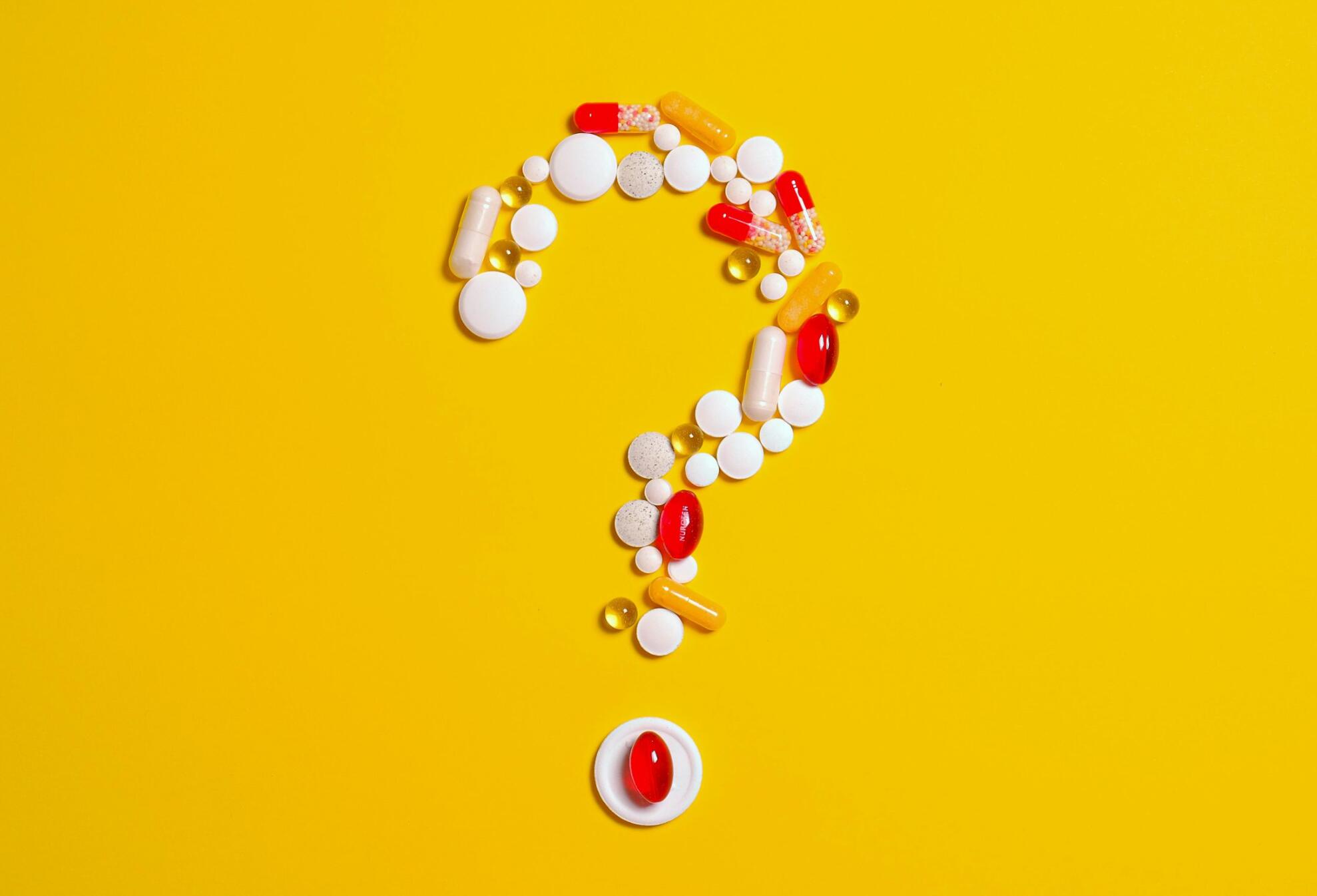When it comes to fat loss, countless strategies and methods are promoted, ranging from diet fads to intense workout routines. One of the simplest and most accessible approaches to support fat loss is drinking water. But how much water should you drink for fat loss? In this article, we will explore the role of hydration in fat loss, the science behind it, and provide you with practical guidelines to optimize your water intake for better weight management.
The Role of Water in Fat Loss
Water is an essential nutrient that plays a critical role in various bodily functions, including metabolism, digestion, and waste elimination. While it might not be a miracle solution for weight loss, proper hydration can significantly support fat loss efforts.
Several studies suggest that water can have an indirect effect on fat loss through mechanisms like reducing appetite, increasing metabolic rate, and aiding in the breakdown of fat.
Drinking enough water helps maintain fluid balance, which is vital for proper digestion and nutrient absorption. Additionally, water is involved in the breakdown of fats (lipolysis) and carbohydrates. Without adequate hydration, your body’s fat-burning processes could slow down, hindering weight loss.
Water and Appetite Regulation
One of the primary ways that water may aid in fat loss is by regulating appetite. Studies have shown that drinking water before meals can help reduce overall calorie intake. For example, drinking water before a meal can take up space in the stomach, leading to a feeling of fullness, which might prevent overeating.
A study published in Obesity journal found that participants who drank water before meals consumed fewer calories, supporting the idea that water can play a role in portion control.
A key factor here is satiety. When you drink water, it helps stimulate satiety signals in your brain, signaling to you that you are full. This can help reduce the likelihood of emotional eating or overeating due to hunger. Thus, drinking water before meals or during meals can significantly contribute to reducing the total calories you consume throughout the day.
Water and Metabolism Boost
Another important mechanism through which water supports fat loss is its potential to boost metabolism. While the effect might be modest, studies have shown that drinking water can lead to a temporary increase in your metabolic rate. This is due to the thermogenic effect of water—the energy required by your body to process and regulate the temperature of the water consumed.
Research has demonstrated that drinking 500 milliliters of cold water can increase metabolic rate by up to 30% for about 30-40 minutes. This effect is even greater if the water consumed is cold, as your body expends more energy to warm it to body temperature.
In other words, your body uses calories just to process the water, which may support fat burning, especially when combined with other lifestyle changes like diet and exercise.
While the metabolism-boosting effects of water alone may not result in dramatic fat loss, the cumulative effect of consistent hydration throughout the day can add up. Pairing water intake with a balanced diet and regular physical activity can have a more noticeable impact on fat loss over time.
Water for Fat Breakdown (Lipolysis)
One of the lesser-known roles of water in fat loss is its involvement in the process of lipolysis, or fat breakdown. Water is required for the hydrolysis of fat molecules, which releases fatty acids from the fat stores in your body. When you are dehydrated, this process can be impaired, making it harder for your body to break down and utilize stored fat for energy.
Drinking sufficient water supports lipolysis by ensuring that the enzymes involved in fat breakdown can work efficiently. Dehydration, on the other hand, can slow down fat metabolism and lead to greater fat retention. Therefore, staying hydrated is essential not only for general health but also for promoting the body’s ability to use fat as fuel during periods of exercise or calorie restriction.
How Much Water Should You Drink for Fat Loss?
While the exact amount of water needed for fat loss can vary depending on individual factors like body size, activity level, and climate, general guidelines can help you stay on track with your hydration goals.
The National Academy of Sciences recommends an average water intake of 3.7 liters (125 ounces) per day for men and 2.7 liters (91 ounces) for women, including water from all beverages and foods.
However, when it comes to fat loss, it’s not just about the quantity of water you drink—it’s also about how and when you drink it. Drinking water regularly throughout the day is essential, as dehydration can lead to fatigue, poor concentration, and impaired performance during workouts, which can hinder your fat loss efforts.
To optimize fat loss, aim to drink water at strategic times. Start your day with a glass of water to kickstart hydration after hours of sleep. Drink water before meals to reduce appetite and support digestion, and keep sipping water throughout the day, especially before and after workouts to stay hydrated and support metabolic processes. Staying hydrated is key for your body to perform at its best and support fat-burning efforts.
Should You Drink Water After Exercise?
Exercise is a vital component of any fat loss plan, and proper hydration during and after physical activity is crucial for optimal performance and recovery. When you exercise, your body loses fluids through sweat, and dehydration can negatively impact your energy levels, endurance, and fat-burning capacity.
Drinking water after exercise helps replenish lost fluids and supports the body’s recovery processes. It also aids in flushing out toxins produced during physical activity. For fat loss, it’s especially important to stay hydrated after workouts to support your metabolism and prevent muscle fatigue, ensuring that your fat-burning efforts remain consistent.
Water-Rich Foods to Help with Hydration
While drinking water is the most effective way to stay hydrated, many foods can also contribute to your overall water intake. Water-rich foods, such as fruits and vegetables, provide about 20% of your daily hydration needs.
Foods like watermelon, cucumbers, oranges, and strawberries are not only packed with vitamins and minerals but also have high water content, making them great additions to your diet.
Including water-rich foods in your meals can help you stay hydrated while also supporting your weight loss efforts. These foods tend to be low in calories and high in fiber, which can contribute to feelings of fullness and help prevent overeating. Additionally, they provide important nutrients that support overall health and well-being.
Peptides and Fat Loss
In addition to water, some peptides have been shown to support fat loss by stimulating fat metabolism and improving fat oxidation. Peptides like CJC-1295, Ipamorelin, and BPC-157 can influence the body’s hormonal regulation, promoting muscle growth and fat loss.
For example, CJC-1295, a growth hormone-releasing peptide, has been associated with increased fat breakdown and muscle preservation. Peptides like these work synergistically with proper hydration, balanced nutrition, and exercise to optimize fat loss. However, it’s important to note that peptides should be used under medical supervision, and they are not a substitute for a healthy lifestyle.
Water and Fat Loss Myths
While water plays an essential role in fat loss, there are several myths surrounding its effectiveness. One common myth is that drinking water alone can melt away fat.
While hydration supports fat metabolism and may help reduce calorie intake, it is not a magic solution for weight loss. Effective fat loss requires a holistic approach that includes a balanced diet, regular physical activity, and adequate sleep.
Additionally, some people believe that drinking excessive amounts of water can lead to faster weight loss. However, consuming too much water in a short period can lead to water intoxication, which disrupts electrolyte balance and can be harmful. Always aim for a balanced and sustainable hydration routine.
Conclusion
While there is no one-size-fits-all answer to the question of how much water you should drink for fat loss, staying properly hydrated is an important part of any successful weight loss strategy. Drinking water can help regulate appetite, boost metabolism, and support the fat breakdown process.
By following general hydration guidelines and strategically incorporating water into your daily routine, you can optimize your fat loss efforts.
In addition to water, remember that other factors like a nutrient-dense diet, regular exercise, and adequate rest play crucial roles in achieving and maintaining a healthy weight.
If you are looking for additional support, peptides like CJC-1295 may complement your fat loss journey, but they should be used under professional supervision. By combining hydration with a healthy lifestyle, you will be well on your way to reaching your fat loss goals.
References:
- National Academy of Sciences, “Dietary Reference Intakes for Water, Potassium, Sodium, Chloride, and Sulfate,” National Academies Press, 2004.
- ObesityJournal, “Water Consumption and Weight Loss: A Randomized Controlled Trial,” 2015.
- Mayo Clinic, “Water: How Much Should You Drink?” 2023.



